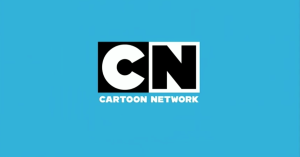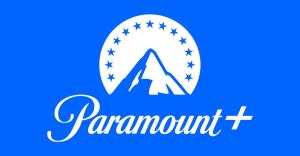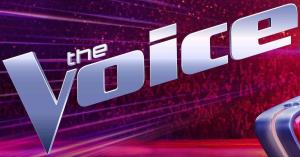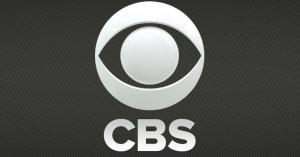From 2005-2015, there were 667 sexual harassment complaints filed with the Equal Employment Opportunity Commission by workers employed in the arts, entertainment and recreation industries, according to the latest data provided by the EEOC — but the federal agency’s whose job it is to prevent workplace harassment has taken very few of those cases to court.
In fact, during the past year, the commission’s focus has been almost totally outside of Hollywood. Chipotle was sued, and so were Applebee’s and IHOP — but not a single movie studio, network, talent agency or production company was sued by the EEOC for sexual harassment, Deadline reports.
Videos by PopCulture.com
In more than 600 of the EEOC’s press releases since 2009, only two announced the settlement of sexual harassment lawsuits involving the entertainment industry, which has arguably been the epicenter of the nation’s ongoing sexual harassment and abuse scandal.
Of the two that were settled, one was the Regal Entertainment Group in Nov. 2009, when it agreed to pay $175,000 to settle a sexual harassment suit on behalf of a male employee at the Marina del Rey cinema complex who “was subjected to a sexually hostile workplace by a female co-worker who repeatedly grabbed his crotch.” The other was in August 2010, when the companies that own and produce the TV show Cheaters paid $50,000 to settle a sexual harassment lawsuit filed by the EEOC and two female claimants who were subjected to sexually explicit remarks and unwelcome touching from the companies’ owner and upper-management staff.
When asked how many of the 667 complaints filed by workers in the arts, entertainment and recreation industries actually went to court, EEOC spokesman Joseph Olivares told Deadline: “While I do not have the numbers on hand, I believe the number of cases litigated, if any, are probably very small. For example, we took in 91,503 charges of discrimination in fiscal year 2016 and litigated 114.”
That means the litigation rate for 2016 was fewer than 1 in 800 involving all types of discrimination complaints (i.e., race, religion, age, sex, national origin and disability).
The EEOC estimates that only about 10 percent of the men and women who feel they were sexually harassed in the workplace ever file a complaint with the agency. Based on that estimate and the EEOC’s data for 2015, some 7,500 workers in the arts, entertainment and recreation sectors might have felt they were subjected to sexual harassment in the arts during those 11 years — or about 680 a year, on average.
Not all workplace harassment issues are settled through the courts, however. The EEOC can make employers pay for workplace harassment even without taking them to court. In 2015, the commission resolved 28,642 private sector harassment allegations, but only 5,518 (fewer than one in five) were resolved in favor of the charging party through its administrative enforcement pre-litigation process.
Those out-of-court pre-litigation processes led to $125.5 million in benefits for private sector employees alleging harassment in 2015, the EEOC says. That number looks much bigger for 2010-15, coming in at $698.7 million.
The EEOC would not say how much, if any, of this was paid out by entertainment industry-related companies, and refused to provide specific names of the 667 complainants or the companies they worked for from 2005-2015.








